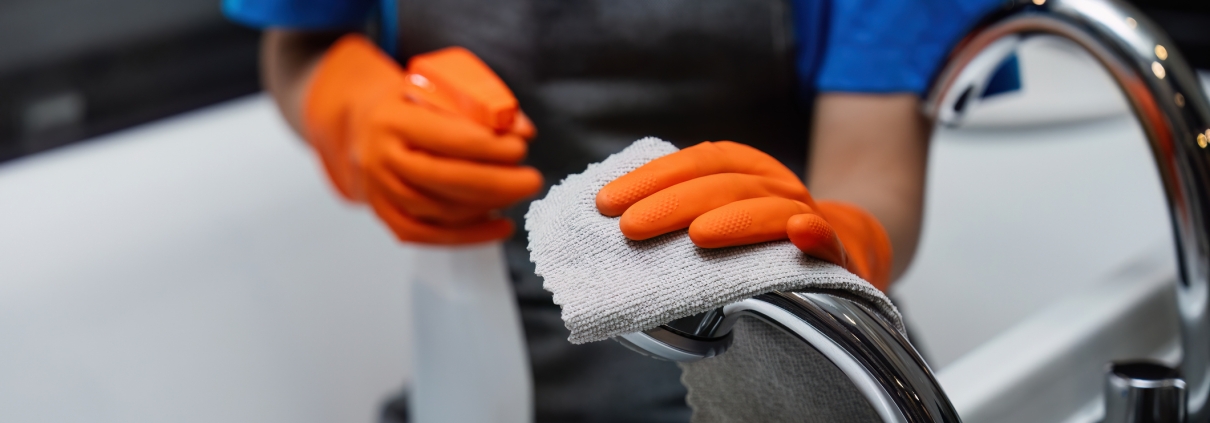The Crucial Role of Nail Care When Working with Chemicals
In many professions, exposure to chemicals is an inevitable aspect of the job. Whether you’re a laboratory technician, a healthcare worker, a hairdresser, or a mechanic, handling chemicals is often part of your daily routine. Amidst the focus on protective gear and safety protocols, one aspect that is sometimes overlooked is nail care. However, maintaining healthy nails is crucial, particularly when working with chemicals. In this article, we explore the importance of nail care in professions that involve chemical exposure and provide practical tips for safeguarding nail health.
The Vulnerability of Nails
Nails may seem like minor appendages, but they play a surprisingly important role in protecting our fingertips and enhancing our dexterity. However, nails are also porous structures that can absorb chemicals, making them susceptible to damage and irritation. When exposed to harsh chemicals, nails can become dry, brittle, discolored, or even develop infections. Moreover, the skin around the nails, known as the periungual area, is particularly sensitive and can easily absorb chemicals, leading to dermatitis or other skin conditions.
The Importance of Nail Care
Proper nail care is essential for protecting against the adverse effects of chemical exposure. Here’s why:
Preventing Absorption:
Healthy nails act as a barrier, helping to reduce the absorption of chemicals into the bloodstream through the nail bed. By keeping nails clean, trimmed, and moisturized, you can minimize the risk of chemical absorption and related health issues.
Maintaining Barrier Function:
Nails help to seal off the delicate tissues underneath, preventing moisture loss and protecting against external irritants. Regular nail care helps to preserve the integrity of the nail barrier, enhancing its ability to withstand chemical exposure and maintain optimal nail health.
Reducing Risk of Infection:
Damaged or compromised nails are more susceptible to infection, particularly when exposed to chemicals or other contaminants. By practicing good nail hygiene and protecting nails from damage, you can reduce the risk of fungal or bacterial infections that can result from chemical exposure.
Enhancing Comfort:
Healthy nails are less likely to develop painful conditions such as hangnails, ingrown nails, or nail bed injuries. By taking care of your nails, you can minimize discomfort and improve overall comfort, especially when working with chemicals for extended periods.
Practical Tips for Nail Care
Keep Nails Clean:
Wash your hands and nails thoroughly after handling chemicals to remove any residue. Use a gentle soap and warm water, and avoid harsh scrubbing, which can damage the nails and surrounding skin.
Moisturize Regularly:
Apply a nourishing hand cream or cuticle oil to keep nails and surrounding skin hydrated and supple. Moisturizing helps to prevent dryness and brittleness, which can make nails more susceptible to damage.
Protective Measures:
Wear gloves or other protective equipment when working with chemicals to minimize direct contact with the skin and nails. Choose gloves made from chemical-resistant materials and replace them regularly to ensure effectiveness.
Avoid Nail Biting or Picking:
Resist the urge to bite or pick at your nails, as this can damage the nail bed and increase the risk of infection. Keep nails trimmed and smooth to reduce the temptation to engage in these habits.
Seek Prompt Treatment:
If you develop any signs of nail or skin irritation, such as redness, swelling, or itching, seek prompt medical attention. Early intervention can help prevent further damage and alleviate discomfort.
In professions that involve exposure to chemicals, nail care is often overlooked but essential for preserving health and well-being. By practicing good nail hygiene, protecting nails from damage, and seeking prompt treatment for any signs of irritation or infection, you can safeguard your nails and maintain optimal nail health, even in environments where chemical exposure is unavoidable. Remember, healthy nails are not just a cosmetic concern—they’re a vital part of your body’s defense system.





